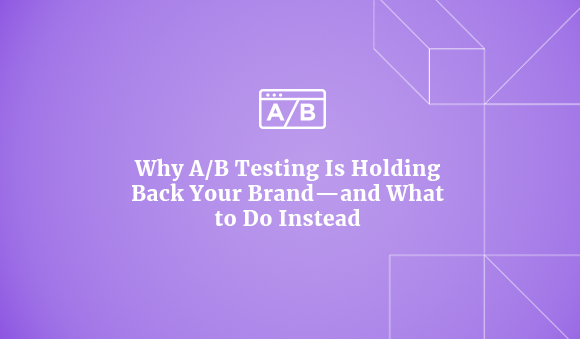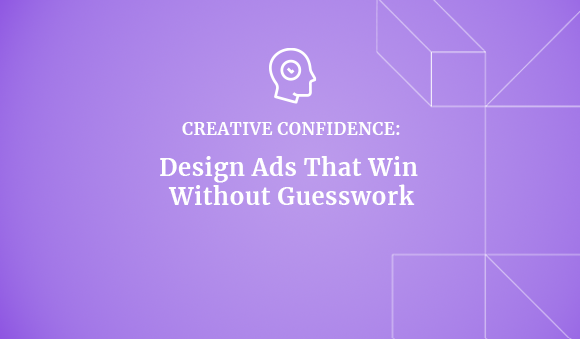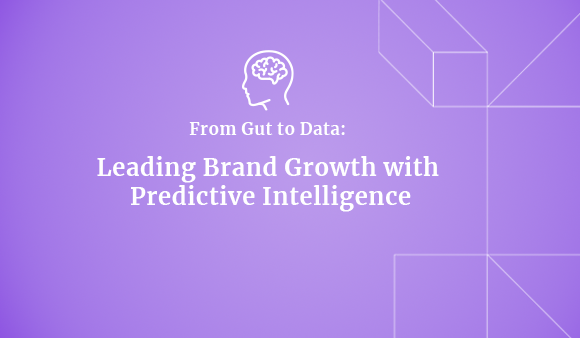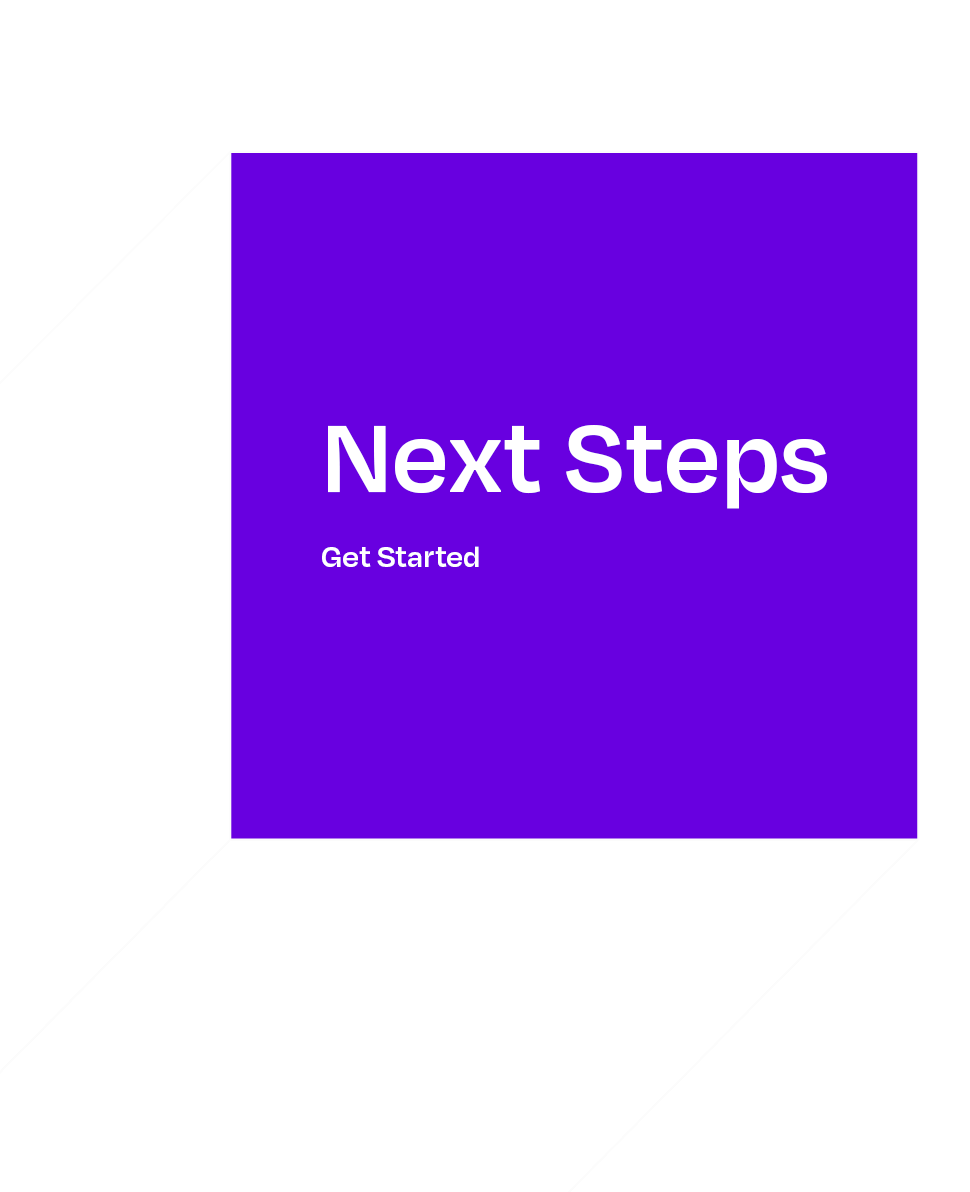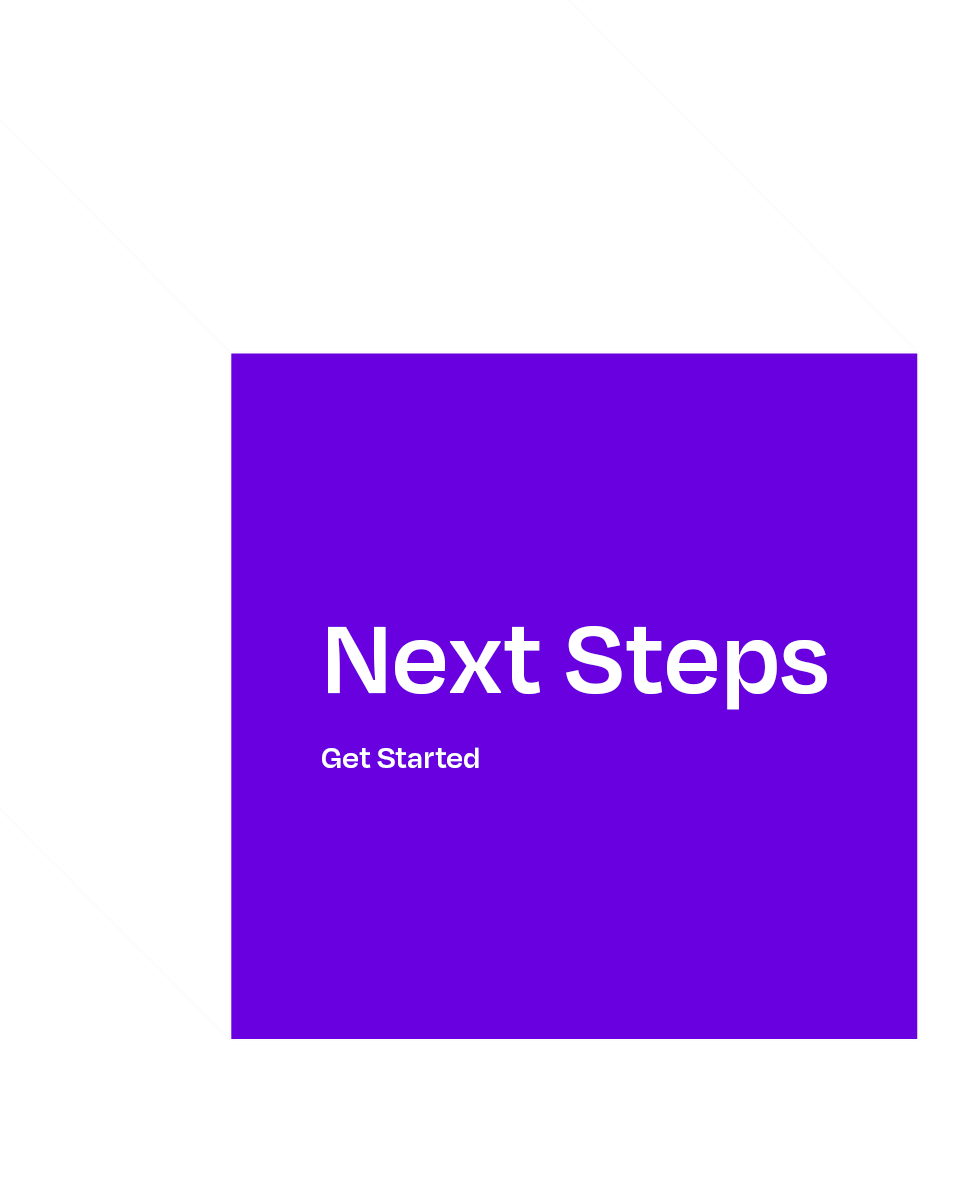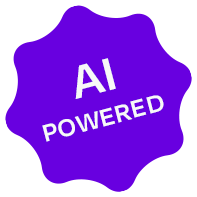While brand perception gets all the attention, the real differentiator is understanding the customer perception of your ads and brand. In this article, we have dived deeper into some of the best ways to measure customer perception of your ads that can help you create impactful and relevant ads. Read more…
Whenever AI and music are put together in the same sentence, our first thought is that of robots and algorithms composing music followed by a fearful thought of AI replacing musicians.
While the latter is a far-fetched reality, in the present day, artificial intelligence is being used by brands, musicians, and tech companies to compose, search, and recommend music. For example, Apple recently acquired AI Music, a UK-based company that dynamically creates music using artificial intelligence. With this acquisition, Apple aims to enhance the experience of Apple Music users and maybe enable marketers advertising with Apple to dynamically change the music of their ads based on moods or emotions of the viewers.
Similarly, the influence of artificial intelligence can be seen in other aspects of music like search and recommendation, auto tagging, AI mastering, marketing, and its use in advertising.
Spotify and Amazon Music use machine learning to learn preferences of their listeners, read their moods, and curate hyper-personalized recommendations and playlists for them. Artificial Intelligence also eliminates the tedious process of manually tagging the music for categorization and management of music libraries. Budding artists and producers use artificial intelligence to master their music at relatively cheaper costs than studios and production firms.
Interestingly, one of the lesser known and unexplored uses of artificial intelligence in music is in the field of advertising. As widely known, music plays a crucial role in the success of an advertisement as it can provoke emotions, trigger moods, change the narrative of the ad, and influence purchase behavior. With the help of artificial intelligence, marketers can determine the best music for their ads, understand the preferences and moods of their audience and much more.
AI and Music in Advertising
When it comes to the music used in advertising, there needs to be a complete synergy between music, brand ambassador (if any), context of the ad, product category, communication appeal, and consumer profile.
AI objectively analyzes millions of data points that takes the guesswork out of the process of selecting music and provides marketers with a reliable process that helps them choose the right music for every advertisement that is in synergy with the rest of the elements of the ad creative.
The role of artificial intelligence is not limited to determining the right music for the ad. There are several ways that artificial intelligence is used in each stage of development of an advertising campaign.
Music & artist recommendations
After being trained on the performance and behavioral data from past campaigns and the music used in them, AI can recommend suitable artists / brand ambassadors, sounds, and music for future campaigns that are aligned with brand identity and ad goals. Since the selection will be data-driven, the recall generated from the music will be higher when compared to the recall generated from music picked on gut instinct.
Competitive advantage
Artificial Intelligence can also help gain competitive advantage by identifying patterns in the sounds and music used in previous ads of the products launched in the same category. This way AI would be able to search and recommend music and artists in particular genres, having certain instruments that have a proven record of success with the target audience.
Lower production cost
Since it is expensive for small and medium-sized brands to hire musicians or bands to create original scores for their ads or pay royalty for pop songs, AI-based music generating apps can help them compose original soundtracks and music for campaigns at a much lower cost. For example, Amper Music provides a set of AI music composition tools which can be used to create original music using their prerecorded samples by simply picking a genre and mood. It allows the creators to decide the length, structure, instruments, and mood of the music.
Evaluation & prediction of ad success
Since music plays a vital role contributing to the success of an ad, AI-based ad evaluation platforms can be used to dissect and understand music on various levels like genre, instruments, moods, and emotions. Such information can be used to do a brand hygiene check and determine the right music or soundtrack for ads that resonate highly with the target audience.
Such evaluations can also give brands a sensible start towards defining their sound mnemonics which tend to improve overall ad and brand recall among the target audience.
In addition to these four use cases, artificial intelligence is also being creatively explored in various stages of developing and launching audio ad campaigns.
Use of AI in Audio Ads
The popularity and consumption of audio-based content has been on the rise for the past few years which has sparked brands’ interest in advertising on platforms like Spotify, Apple Podcast, Audible, etc. These audio ads are gaining more traction also because of precision targeting, audio’s ubiquitous nature and the fact that there are no ad blockers in the equation just yet.
Artificial Intelligence is being used at various stages of audio campaigns like creation, personalization, and placement. Let us understand how in detail.
Ad generation
Using artificial intelligence tools, brands can easily reduce their ad production cost while also leveraging its other benefits like personalization and AI mastering. AI-generated voices are also a big hit in the content creation and advertising industry as marketers are able to produce high quality content and ads at one-fourth of the cost.
Hyper-personalization
In a recent ad campaign, Dunkin’ was able to drive 238% higher engagement with their audio ads. The reason for such a big boost of engagement was a direct result of hyper-personalization. They used Sympaphonic Ads — a new AI-powered solution that helped them dynamically match the background music of their ads based on what their audience was listening to in real-time.
A similar category of companies provides tech-forward solutions that can personalize various parts of audio ads like background music, language, names, context, etc.
Contextual ad placement
Now ads placed right in the middle of the song would merely annoy the listener – needless to say, the ad will not be heard in the least. Advertising platforms like Spotify offer tools like Ad Studio that are used to insert ads dynamically based on insights like age, gender, listening behavior, device, and more.
If artificial intelligence is used for all three stages of launching an audio ad campaign, the resulting campaign will be highly contextual with precision targeting resulting in hefty conversion rates.
Providing Immersive Audio Experience through Ads
Rather than being weary about the possibility of technology taking over or replacing creativity and human involvement in music creation, it is better to embrace the technology and create immersive audio experiences across channels for the target audience.
And the right use of this emerging technology in understanding, choosing, and creating music for ads will help brands cut through the noise to get the attention of their audience.
